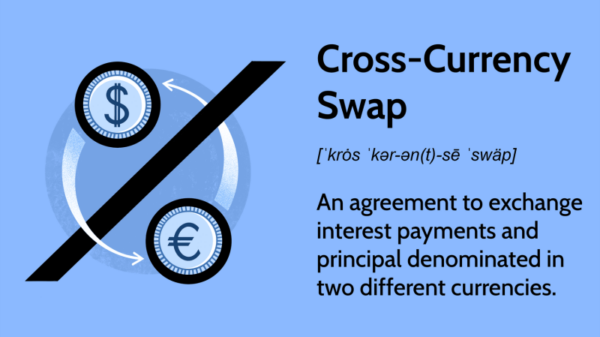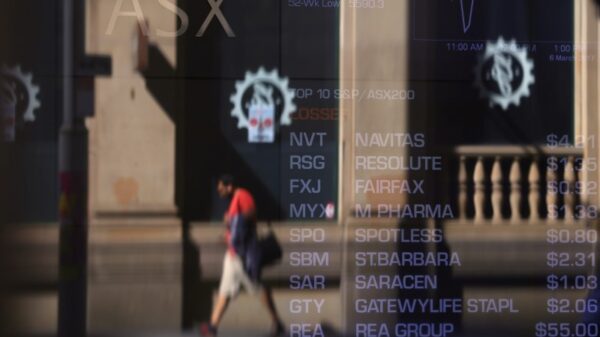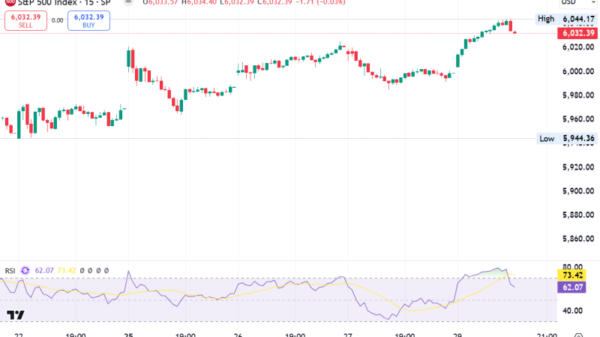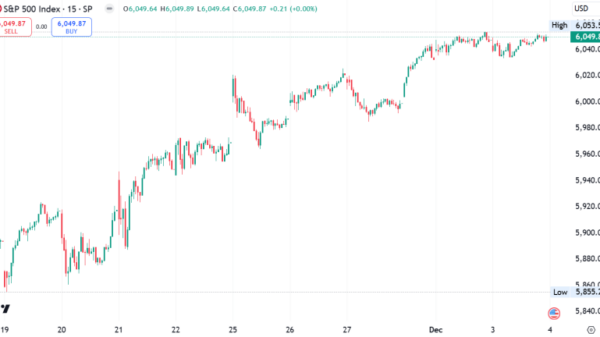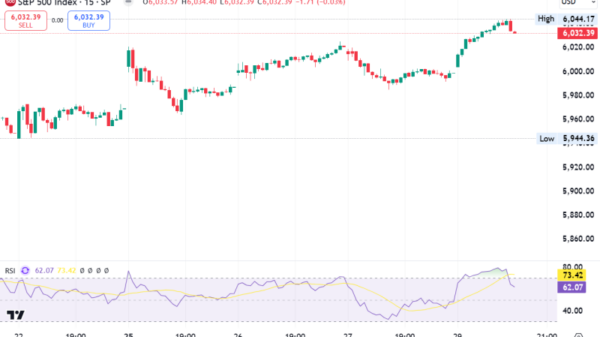Investing.com – The Federal Reserve’s interest rate cutting cycle is over after last week’s blockbuster jobs report, analysts at Bank of America have argued, adding that they are now cautious around the performance of small-cap stocks as a result.
Labor Department data showed that nonfarm payrolls came in at 256,000 jobs in December, well above analysts’ expectations, while the unemployment rate decelerated slightly to 4.1% from 4.2%.
Fed officials, who slashed rates by a full percentage point in 2024, had flagged before the readings that they would approach further reductions this year with some caution due in part to uncertainty around the possible impact of President-elect Donald Trump’s trade agenda on inflation. Friday’s strong jobs figures — and the prospect of tighter labor market conditions — may only add to the case that pressure from price gains are not fully doused.
The data has exacerabted doubts around how many cuts, if any, the Fed could roll out this year, driving up government bond yields and weighing on equities. Indeed, the Dow Jones Industrial Average, which initially rallied after Trump’s presidential election victory, is now down by 0.7% since Nov. 5.
Meanwhile, the small-cap-focused Russell 2000 index has now droped into correction territory, down by 10% versus a recent closing high notched in late November. Small-cap firms are often more vulnerable to fluctuations in interest rate expectations because they often hold variable-rate debt and have less robust balance sheets than larger businesses.
A “good jobs report” equals “bad news for small caps”, the BofA analysts said in a note to clients dated on Jan. 12.
While small caps have historically outperformed following the end of a series of Fed rate reductions, these stocks are currently more expensive than they have been at the conclusion of past cutting cycles, the analysts noted.
Small caps’ relative performance correlation with the benchmark 10-year US Treasury yield is also the most negative in BofA’s data history, the analysts said. The 10-year Treasury yield has recently jumped to multi-month highs as investors have pared back their rate cut expectations.
Relative to small caps, mid-cap stocks are viewed as a “better opportunity”, the analysts added.
“[M]id caps offer cleaner balance sheets/less refinancing risk, better fundamentals (including less dramatic cuts to earnings estimates), and less post-election policy risk (lower labor intensity under potential immigration reform and less [earnings per share] risk from tariffs),” the analysts said.
“Mid caps are also under-owned by passive investors and are a better hedge against regime risk.”

